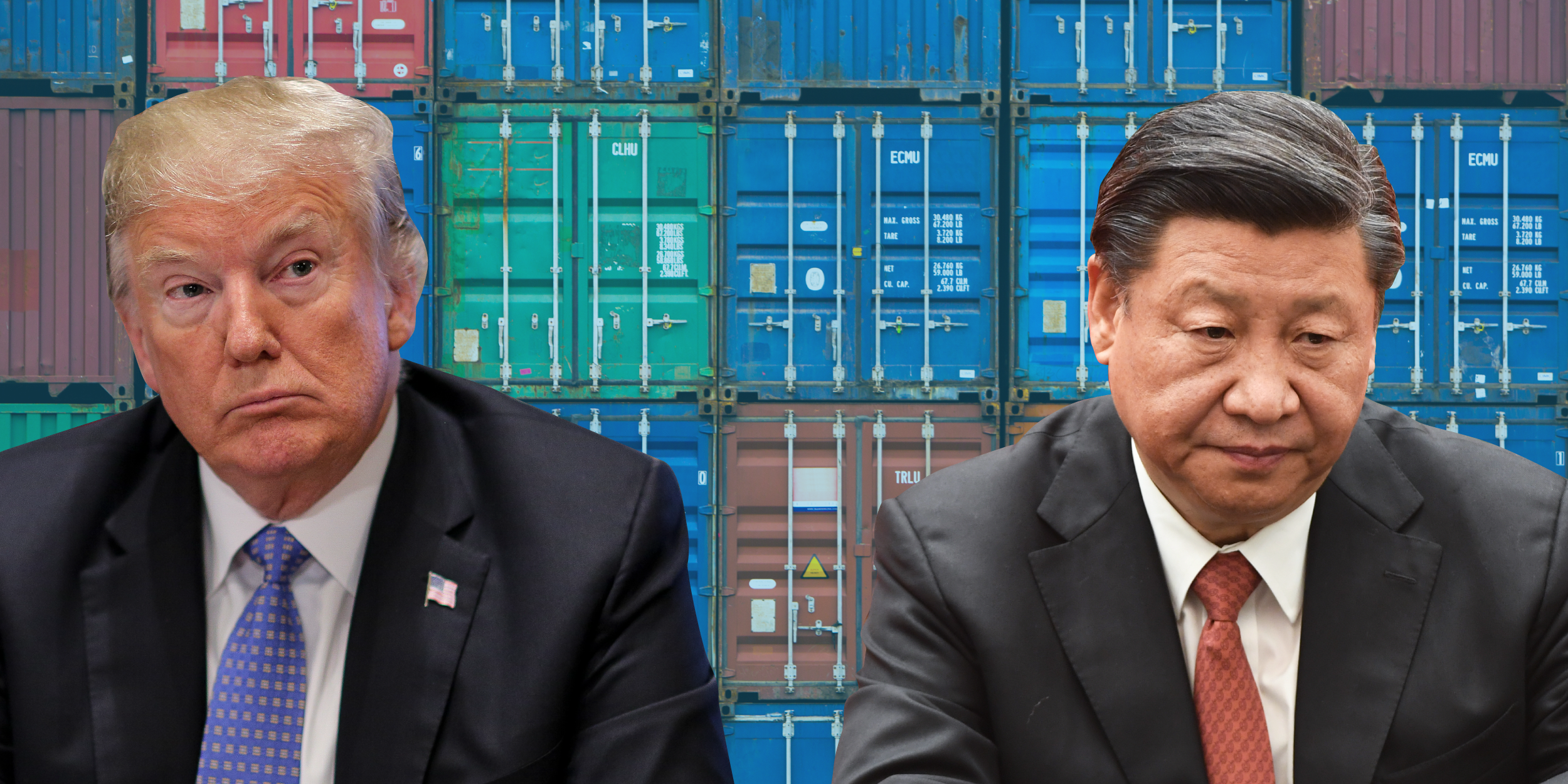- Global investment, economic growth, and business confidence have dropped to a three-year low this year, the World Bank said in a report published on Tuesday.
- President Donald Trump’s trade wars have largely contributed to the global slowdown, the report said.
- The World Bank also attributed global slowdown to “renewed financial turmoil in emerging and developing economies” and “a more abrupt deceleration of economic growth.”
- Trump is currently fighting trade wars on multiple fronts, including a tit-for-tat tariff battle with China, potential new tariffs on the European car industry, and a threat to impose a 5% tax on all Mexican goods in an attempt to curb migration.
- Visit Business Insider’s homepage for more stories.
President Donald Trump’s trade wars have caused so much uncertainty that the global economy is moving at its slowest pace in three years, the World Bank said in a new report.
Global economic growth is expected to slow to 2.6% this year, the World Bank said in its semi-annual Global Economic Prospects report. Specifically, advanced economies are expected to grow at 1.7%, and emerging-market and developing economies at 4%.
The report, published on Tuesday, is titled “Heightened Tensions, Subdued Investment.”
Business confidence across major advanced and developing economies, as of April 2019, is also at its lowest point since April 2016, according to the World Bank’s analysis.
Global investment spending has also tumbled, the Bank said, noting that "additional government borrowing might also appear to be an attractive option for financing growth-enhancing initiatives such as investment in human and physical capital."
"Of particular concern is a slowdown in global trade growth to the lowest level since the financial crisis ten years ago and a tumble in business confidence," the report said.

The World Bank did not cite one particular reason for the global slowdown, but made note of "turbulence and uncertainty that afflicted a number of countries late last year and this year."
It also warned that "a further escalation of trade disputes between the world's largest economies, renewed financial turmoil in emerging and developing economies, or a more abrupt deceleration of economic growth among major economies than is currently envisioned" could jeopardize further economic growth.
The Trump administration is currently waging trade wars on multiple fronts: It's currently engaged in a tit-for-tat tariff battle with China, and also announced a 5% tariff on all Mexican goods to stop the influx of migrants last week.
Read more: While Trump is in Britain, Republicans are reportedly plotting to block his Mexico tariffs
Last month the White House delayed by six months a decision to impose steep tariffs on cars entering the US, a decision which would have seen the European Union retaliate with their own tariff list against the US, Bloomberg reported.
The World Bank said it expects the pace of economic growth to eventually stabilize, but warned that the world economy could still be vulnerable if those risks persist or worsen.

The report comes as the US Federal Reserve hinted it might cut interest rates later this year, with Fed Chairman Jerome Powell vowing to "act as appropriate" to adjust to US-China trade negotiations.
Global stocks, US futures, and US equities jumped after Powell's statement, with analysts suggesting that it indicated central banks' willingness to help markets to maintain economic growth, Business Insider's Theron Mohamed reported.
- Read more about Trump's trade wars:
- Avocados, cars, and all the other products that will get more expensive if Trump puts a 5% tariff on Mexican imports
- China has been dropping hints that it will weaponize its rare earths as a trade-war tactic. Here's why it probably won't follow through.
- MORGAN STANLEY: America could go into recession before next spring if the US-China trade war escalates

